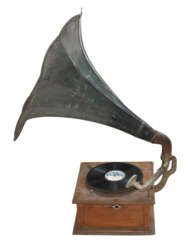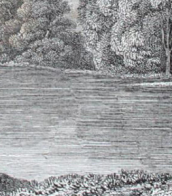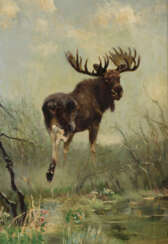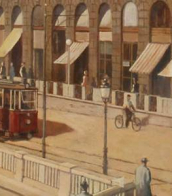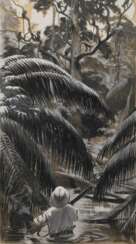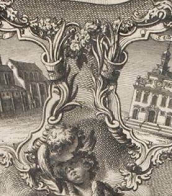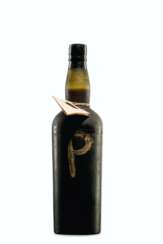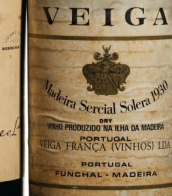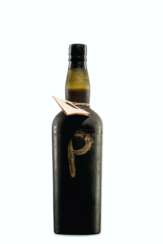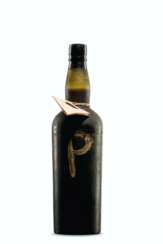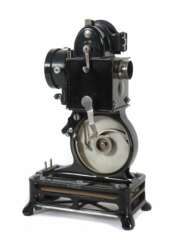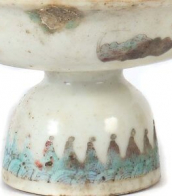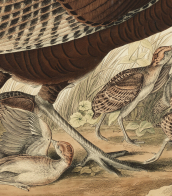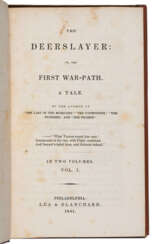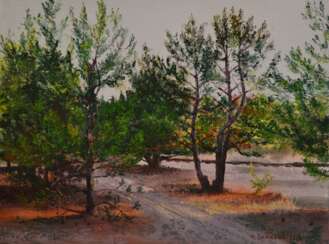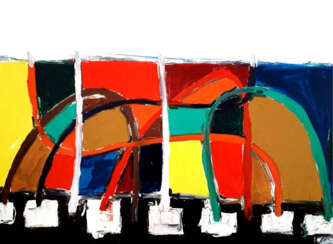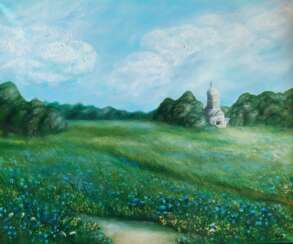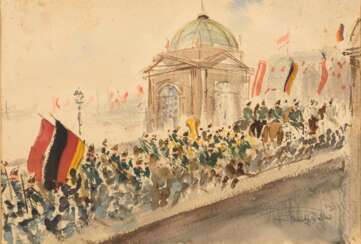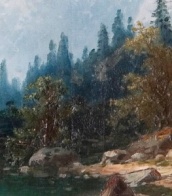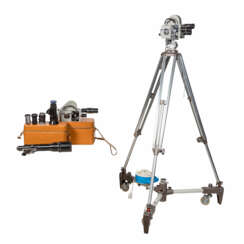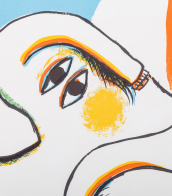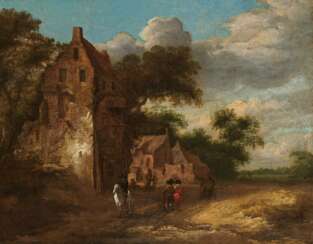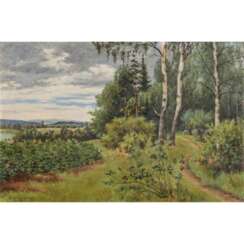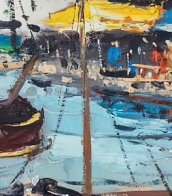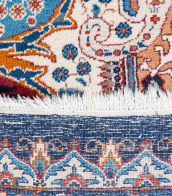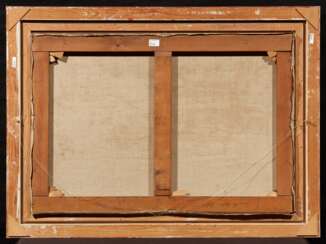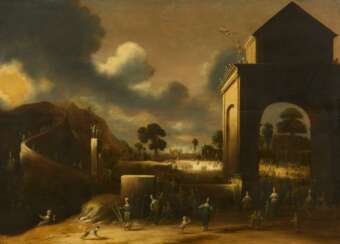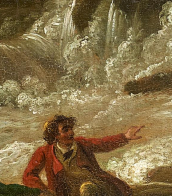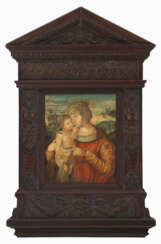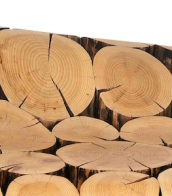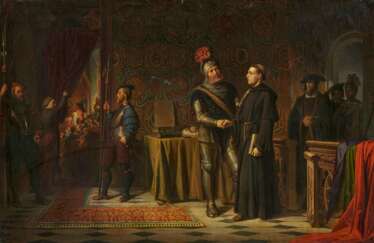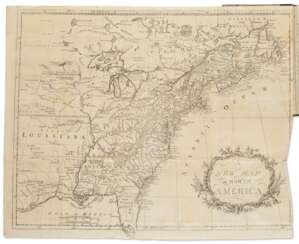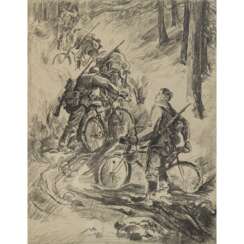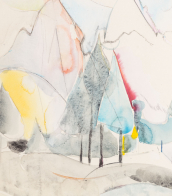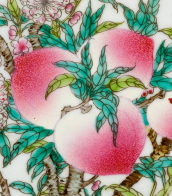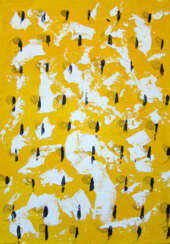pathe
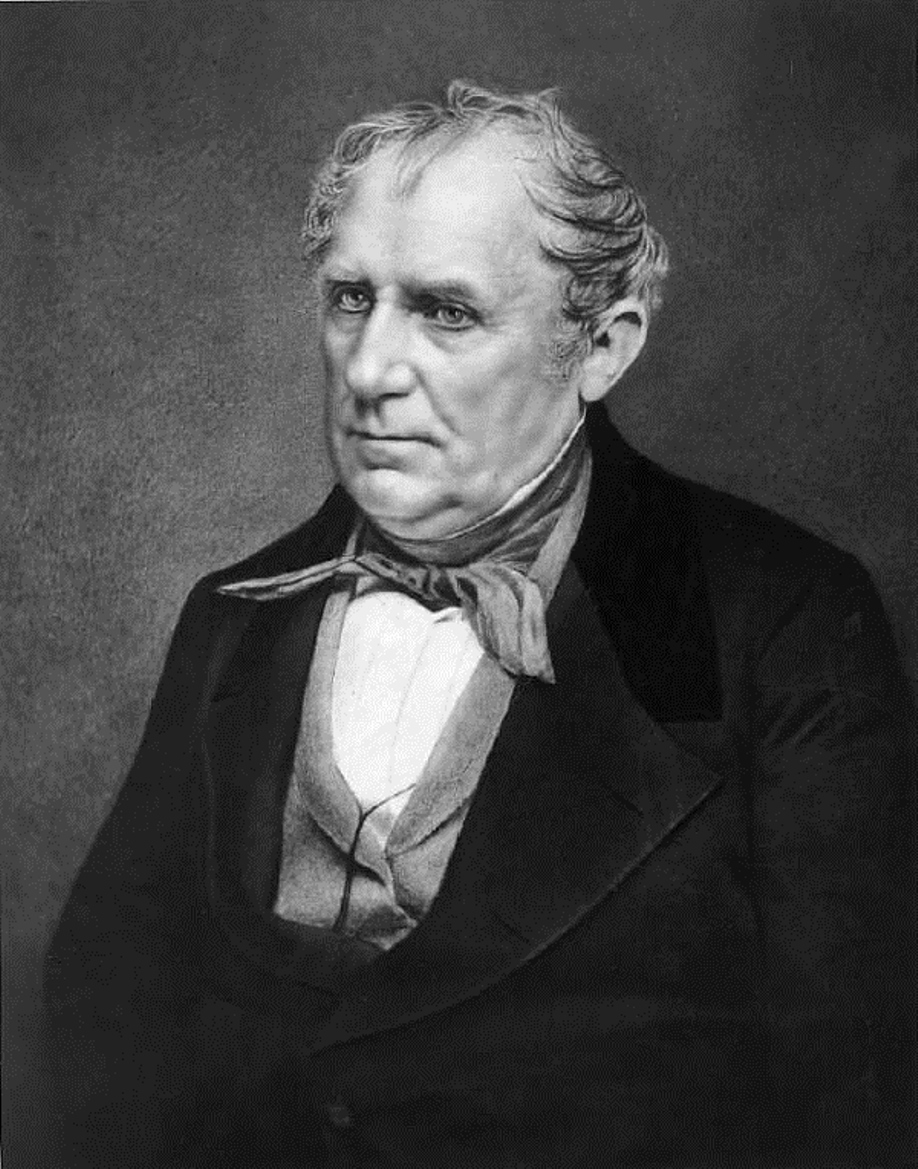
James Fenimore Cooper is an American writer and the founder of the Western genre.
Cooper is the first major American novelist, he wrote a whole series of novels from American life: "The Pioneers" (1823), "The Last of the Mohicans" (1826), "The Prairie" (1827), "The Pathfinder" (1840), "The Beastmaster, or the First Warpath" (1841). The author fascinatingly and vividly describes how Europeans waged wars among themselves on the American continent, involving Indian tribes in these strife. All of these works were a huge success in 19th century Europe and are still being reprinted today.
At the height of his popularity, Cooper spent seven years in Europe, and then returned to the United States, where he wrote works on military-historical and maritime themes until his advanced old age. Among them are "The Pilot, or Maritime History" (1823), "The Red Corsair" (1827).
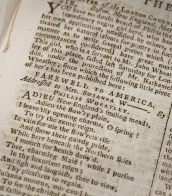


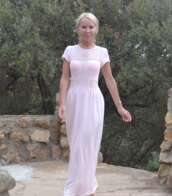
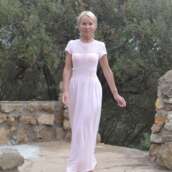
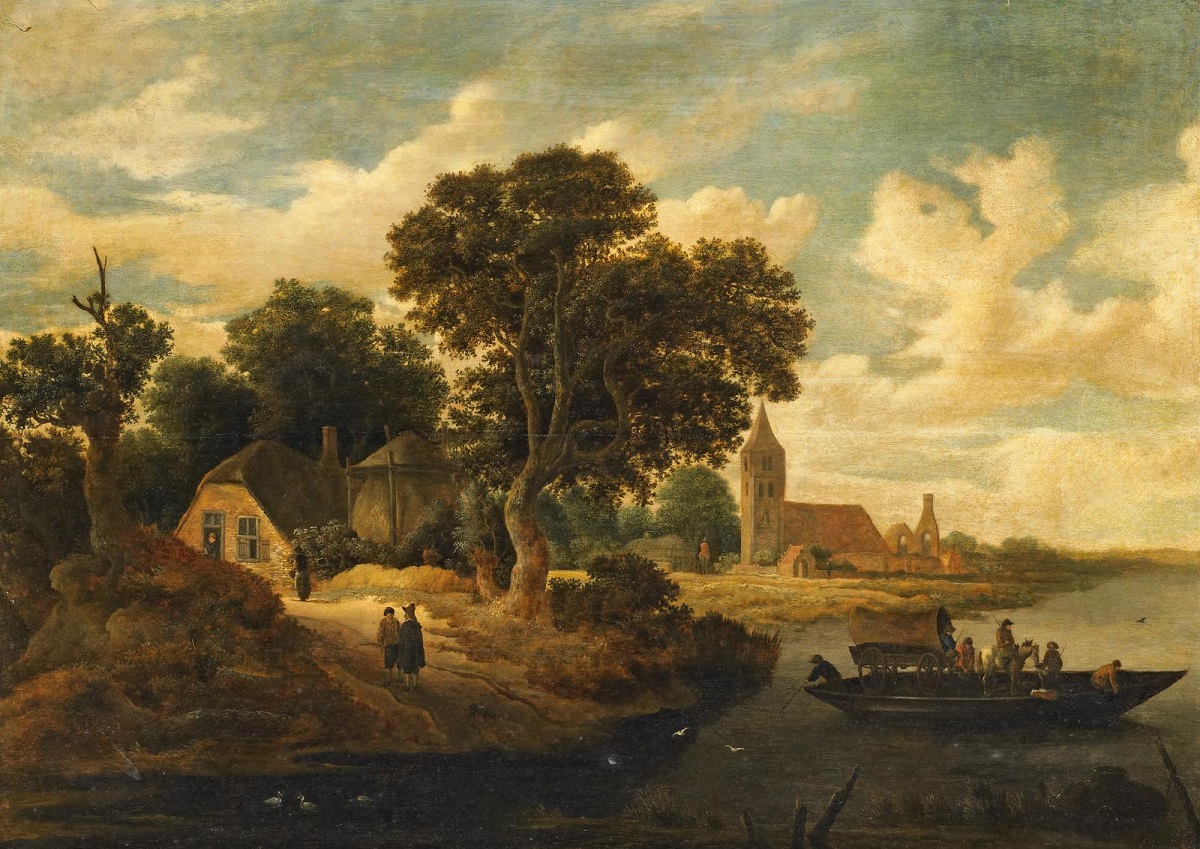
Roelof Jansz van Vries is a Dutch painter known for his landscapes.
Roelof Jansz van Vries was a member of the Harlem Guild of St Luke's from 1657. His work reflected the typical Dutch Golden Age style, characterised by meticulous attention to detail, atmospheric lighting, a sense of depth and realistic depictions of nature.
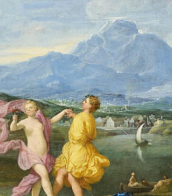
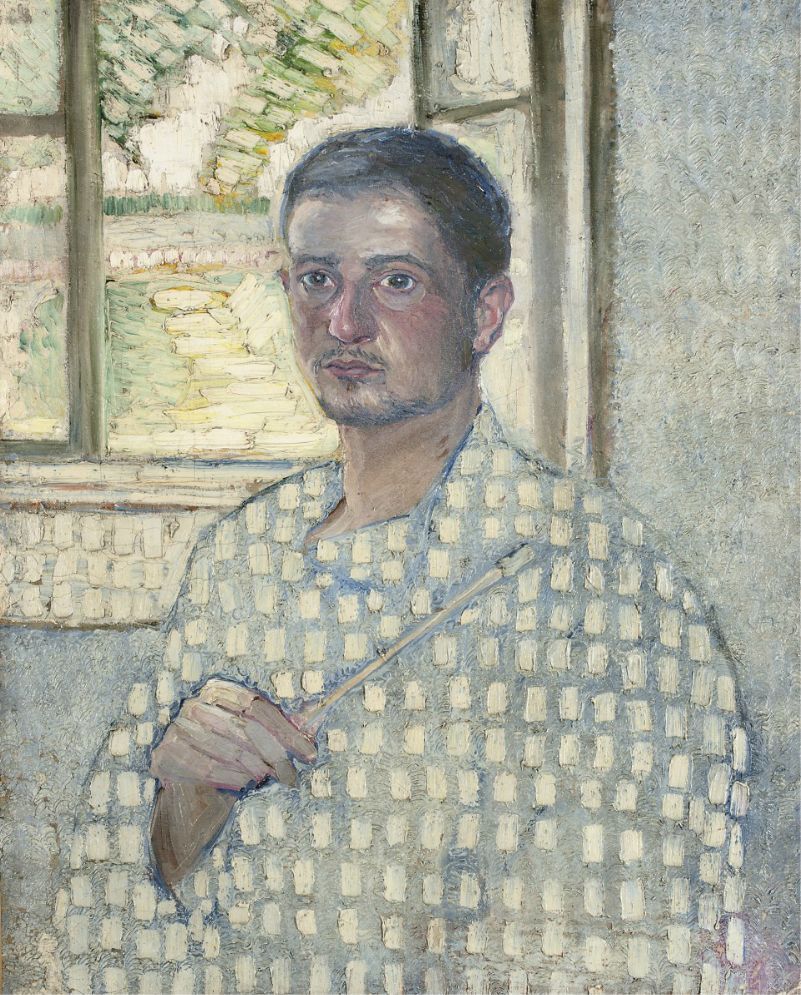
Vladimir Davidovich Baranov-Rossine (Russian: Владимир Давидович Баранов-Россине) was a master of the Russian avant-garde, a prolific painter, sculptor, and inventor, whose work significantly contributed to the Cubo-Futurism movement. Born on January 1, 1888, in Kherson, he was originally named Shulim Wolf Leib Baranov but is best known by his pseudonym, Daniel Rossine. His early artistic education took place in Odessa and then at the St. Petersburg Academy of Arts, laying the groundwork for his future as a revolutionary artist.
In 1910, Baranov-Rossine moved to Paris, a pivotal move that introduced him to the burgeoning European avant-garde scene. It was there, alongside other notable artists such as Marc Chagall, Osip Zadkine, Alexander Archipenko, and Chaim Soutine, that he became an inhabitant of the famous Parisian house "La Ruche." His innovative work, particularly the invention of the Optophonic Piano, which projected colors in sync with music, underscored his commitment to blending art and technology, a hallmark of his career.
Tragically, Baranov-Rossine's life was cut short when he was arrested by the Gestapo in 1943 and subsequently died in Auschwitz in 1944. Despite his untimely death, his legacy lives on through his contributions to modern art and technology. His works can be found in various museums and galleries, celebrated for their vibrant expression and avant-garde techniques that continue to inspire artists and collectors alike.
For those intrigued by Vladimir Davidovich Baranov-Rossine's pioneering work and its lasting impact on the art world, signing up for updates on new product sales and auction events related to this avant-garde master is highly recommended. This ensures enthusiasts and collectors are always informed about the latest opportunities to engage with Baranov-Rossine's remarkable legacy.
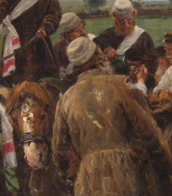

Roelof Jansz van Vries is a Dutch painter known for his landscapes.
Roelof Jansz van Vries was a member of the Harlem Guild of St Luke's from 1657. His work reflected the typical Dutch Golden Age style, characterised by meticulous attention to detail, atmospheric lighting, a sense of depth and realistic depictions of nature.
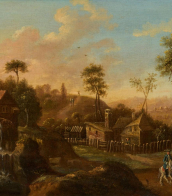
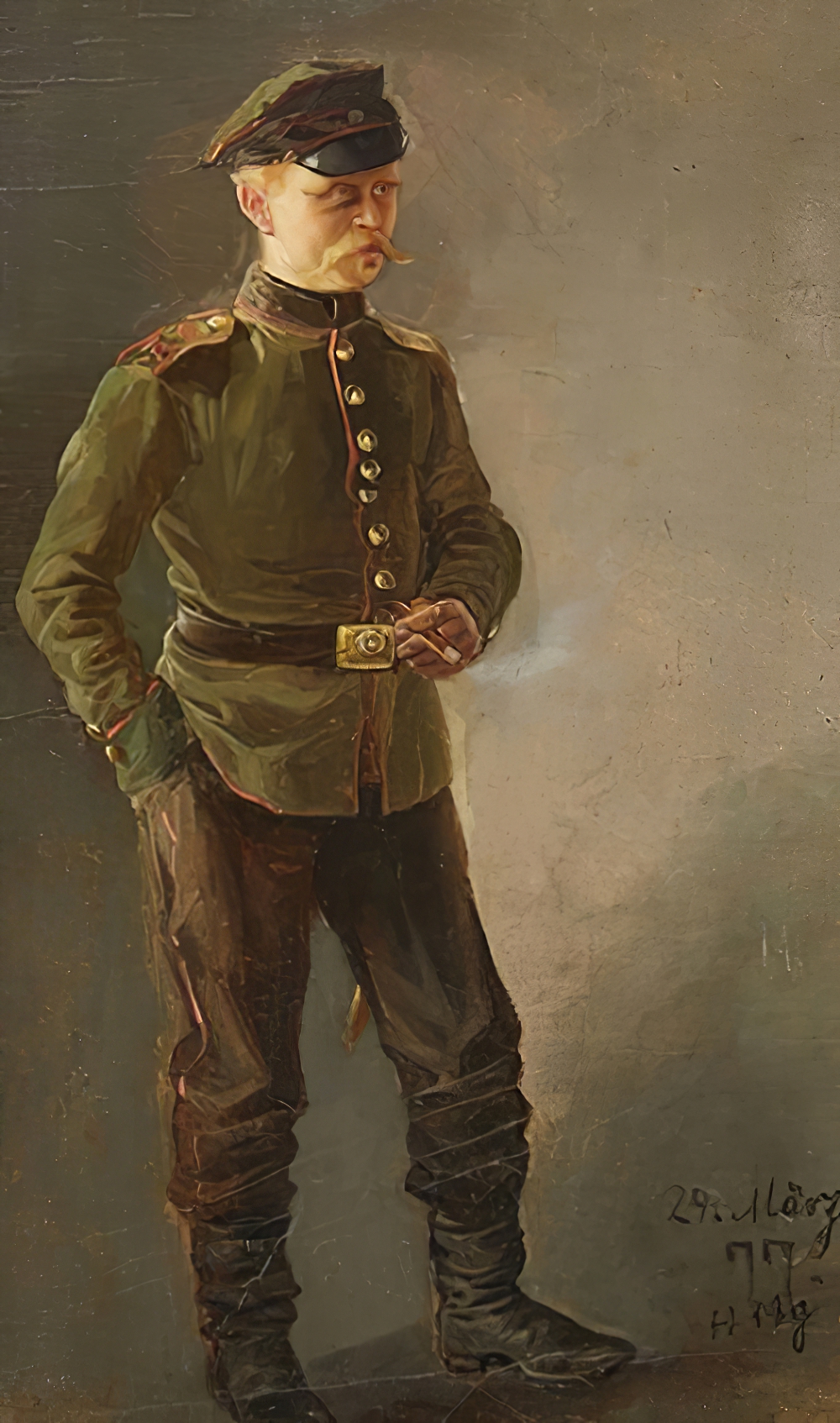
Hugo Mühlig was a German Impressionist painter. From 1881, he lived in Düsseldorf as a painter of landscapes and genre scenes.
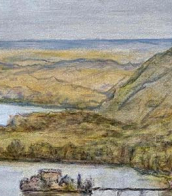
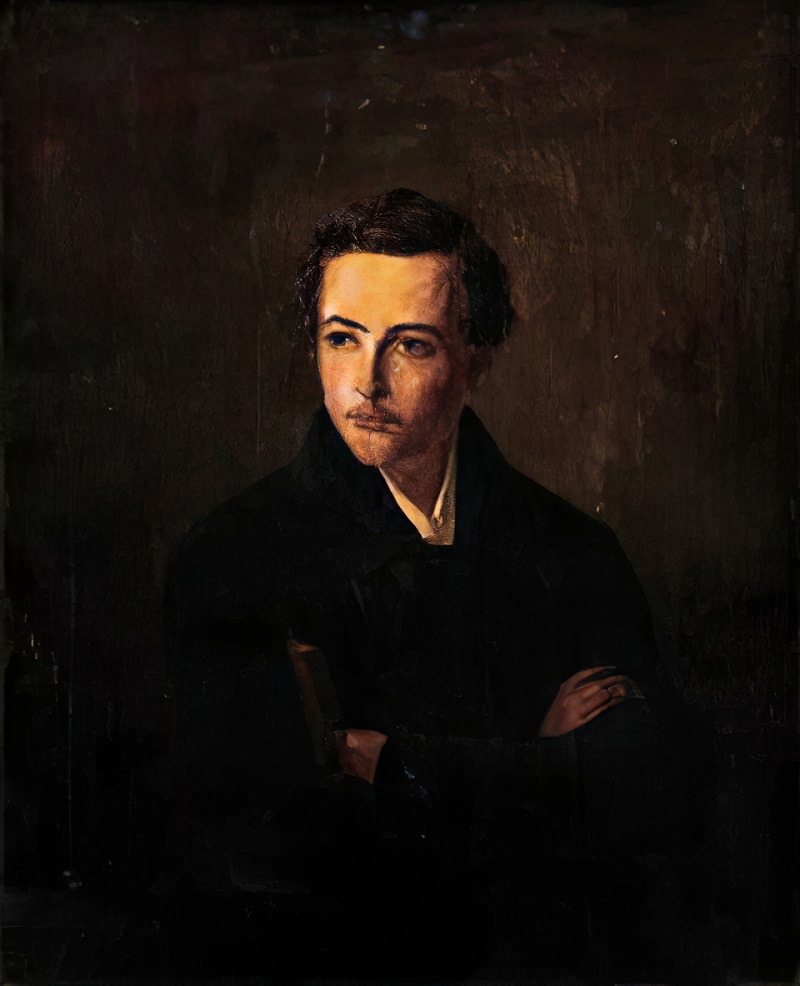
Friedrich Wilhelm Heinrich Martersteig was a German historical and genre painter and drawing teacher. From 1828 to 1834 he studied at the Dresden Academy of Art under Ludwig Richter. Afterwards he spent four years at the academy in Dusseldorf and was a pupil of Carl Ferdinand Sohn, Theodor Hildebrandt and Friedrich Wilhelm von Schadow.
Friedrich Martersteig was a member and professor of the Prussian Academy of Arts.
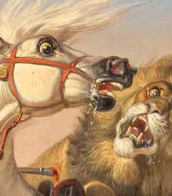

William Shakespeare was a British poet and playwright and writer.
William's father, John Shakespeare, was a merchant and official in Stratford. There are reports that he was a sailor for a time before joining a theater company in London. Beginning in the 1590s, Shakespeare began writing plays, and in 1593 he published a poem, Venus and Adonis, which became popular. He dedicated it to the Duke of Southampton, who was a philanthropist and patron of talent, and soon his business was booming.
From 1592 to 1600 Shakespeare wrote his dramas and romantic comedies "Richard III", "The Taming of the Shrew", "Romeo and Juliet", "A Midsummer Night's Dream" and "The Merchant of Venice", as well as the comedies "Much Ado About Nothing", "Twelfth Night" and the tragedy "Julius Caesar". The playwright's business was so successful that he even bought a large house in Stratford. In 1599, Shakespeare became one of the owners, playwright and actor of the new theater "Globe". In 1603 King James took Shakespeare's troupe under his direct patronage. In the mature period, the great playwright turned to tragedies, there were "Hamlet", "Othello", "King Lear", "Macbeth" and others.
Although in the 19th century researchers had some doubts about the authorship of many of these works, William Shakespeare is considered the greatest English playwright, one of the best playwrights in the world. His plays have been translated into all major languages and to this day form the basis of the world theatrical repertoire, most of them have been screened many times. According to the Guinness Book of Records, Shakespeare remains the world's best-selling playwright, and his plays and poems have sold more than 4 billion copies in the nearly 400 years since his death.



